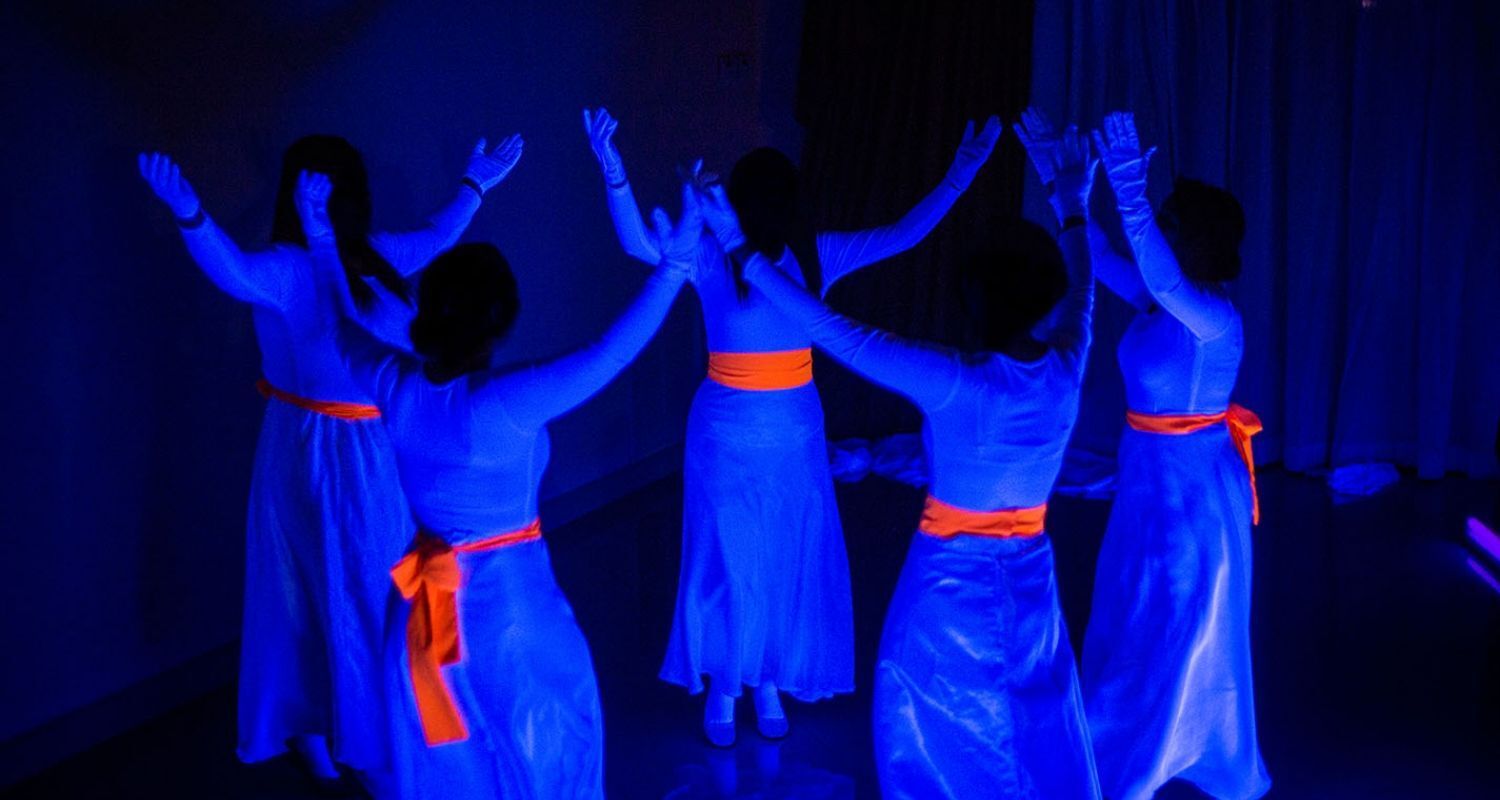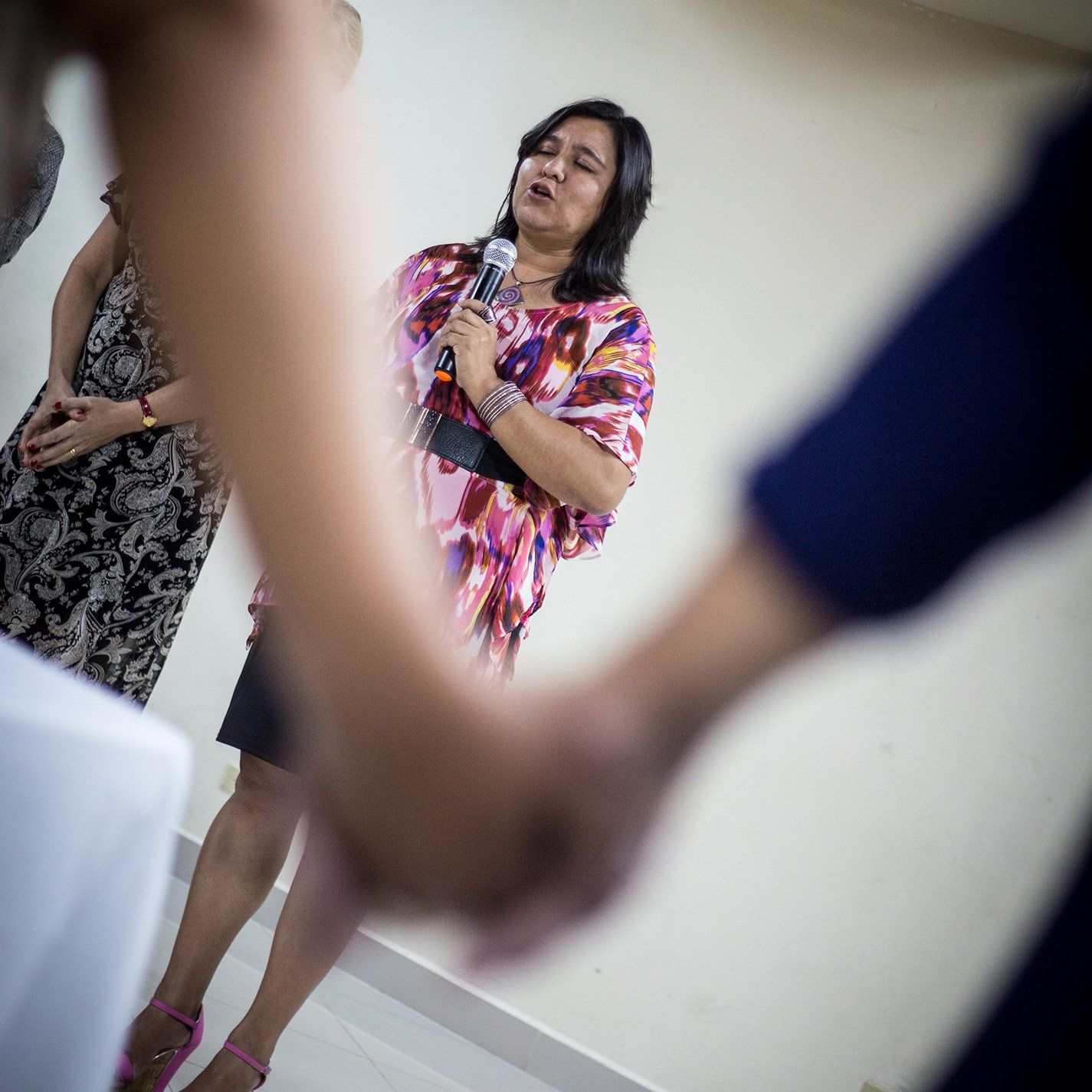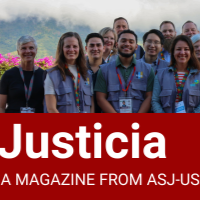April 19, 2016
When ASJ spotted a pattern of abuse, brave young girls helped end it — strengthening the Honduran justice system in the process.
They were always little girls.
He would find them waiting at a corner store, on an errand for their mother, and ask them for directions to a local school. The littlest ones, between eight and eleven years old, were the most trusting, the most willing to follow him to his car when he asked their help.
This trust would turn to terror as he drove them far past the school to abandoned lots and violently assaulted them.
Between 2014 and the early months of 2016, this serial rapist assaulted at least five young girls. Each of the five bravely reported the crime, but the police force’s overworked, under-resourced criminal investigation unit never made the connection between the cases, which had taken place under the same circumstances, but in different neighborhoods, and months apart.
Since the first case was filed in March 2014, no progress had been made, no assistance was given to any of the survivors, and the rapist was free to continue his assaults on innocent children.
Until the Association for a More Just Society got involved.
With a sinking heart, Sofia* hung up the phone. The news, though all-too-familiar in her work as a trauma psychologist, never failed to affect her — another little girl had been attacked.
“Rescue”, a project of the Association for a More Just Society (ASJ, formerly known as AJS), helps dozens of children each year find justice and healing after cases of sexual abuse and assault. Most cases start with a phone call — someone who has heard of ASJ’s record of securing convictions in notoriously-difficult sexual abuse and assault cases. Many also start through strong connections with local communities where such abuse is most prevalent.
Just a few hours after receiving the phone call, Sofia and her partners Felipe* — a criminal investigator — and Julio* — a lawyer specializing in sexual abuse cases — met the girl and her parents at the girl’s favorite restaurant.
Kimberly* sat between her parents, sipping her Coca-Cola, and moving her eyes between Sofia, Julio, and Felipe. She looked even younger than her nine years.
“We work to help children like you who have been hurt,” Sofia told her gently. “We know this isn’t easy. We just want to know how you are feeling.”
Looking to her parents for support, Kimberly began to speak.
Honduras has a high rate of sexual assault, something that is exacerbated by impunity and court systems that let abusers walk free. It’s estimated that only a small percentage of assaults are ever reported. Many girls like Kimberly may be too afraid to say anything or doubt that their testimony will make any difference. Very few reported cases ever go to trial.
“Rescue” is working to change that.
The ASJ team’s work began as soon as they met with Kimberly and her family. They didn’t press her for details or ask any probing questions — Rescue tries to avoid re-victimization through the constant reliving of the trauma, instead working on emotional healing and trust so that children feel comfortable enough to share their testimony before a court.
Felipe listened carefully to the details Kimberly shared; he felt dejá vu. A man targeting young girls, asking for directions to a school — the circumstances were almost identical to a case he remembered being filed a year earlier. He went to the government’s criminal investigation unit (ATIC, by its Spanish initials) and talked to the Government Prosecutor for Crimes against Children. After sorting through hundreds of files, Felipe unearthed not one but five nearly-identical cases.
This was no longer a typical assault case — now Rescue was looking for a serial rapist.
With the five cases in front of them, the missing pieces began to come together for the ASJ team. The perpetrator operated within a few square miles in Honduras’ capital city. He had a specific build. He drove a particular type of gray car.
Community members were able to offer even more information. While the investigators from ATIC hadn’t yet made the connection between the cases, communities had, and mothers cautioned their daughters never to get in a car with a stranger. When a gray car pulled up to one girl at a corner store, she ran away — but not before memorizing the license plate number.
This quick-thinking girl would be the key to the case.
Rescue looked up the car’s registration and found it belonged to a woman. They combed files on her close relatives and collected photographs. The team eventually showed the photos to the five abuse survivors — all of whom ASJ was now working with and counseling. The girls recognized someone in the images — they all pointed to the woman’s boyfriend.
The man they pointed out was an engineer working in an upscale building. He was well-connected and wealthy enough to own various properties. He was not the type of person anyone would suspect, which is part of how he continued his awful crimes for so long.
He wouldn’t be free to do so much longer.
The car license plate and victims’ identification of the man was enough evidence to take to ATIC and the Honduran Police, who immediately issued a warrant for his arrest. Police arrested the unsuspecting man while he was in a supermarket during a business trip and immediately locked him up. The next step was securing a conviction in court, ensuring that he never hurt another child.
The entire process — from when Rescue met Kimberly to when her abuser was behind bars — took only four days.
ATIC and the Government Prosecutor for Crimes against Children were thrilled to have captured such a dangerous criminal. While Rescue did the research, counseled the survivors, and offered needed resources to the search, ATIC was the agency that eventually captured the rapist, and the Prosecutor for Crimes against Children will argue the case in court.
Rescue’s purpose has never been to replace Honduras’ judicial system — it’s to walk alongside the system, aiding the government’s efforts, until the system gains the strength to do so on its own.
Rescue steps into a gap that exists in the judicial system, training investigators and attorneys on responding to sexual abuse cases, and pouring their time and expertise into cases that might otherwise get lost in bureaucracy, stalled for so long that victims lose hope and abuse continues.
Seven girls have now filed cases against the imprisoned rapist. There are likely more that never reported the assault. Without ASJ’s work — pressuring the judicial system, performing sound investigations, applying legal knowledge, and counseling survivors — it is almost certain that the perpetrator would have continued his pattern of abuse.
Now, the young survivors get to be a part of seeing their abuser stand before a judge to answer for his actions — a significant step toward peace and closure after a terrifying ordeal. ASJ has helped reform trial procedures so that survivors — like these seven girls — only have to give their testimony once, and they won’t be called back to the courtroom even if the case is drawn out.
Sofia, the ASJ psychologist, will work with the girls for as long as they need to heal from their trauma. She’s seen the way children recover, how they return to school, learn to trust, and begin to smile again — brave survivors able to be, once again, just little girls.
*Names changed to protect identities

















